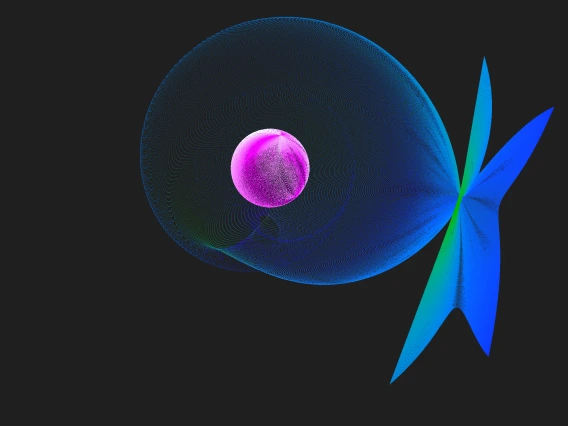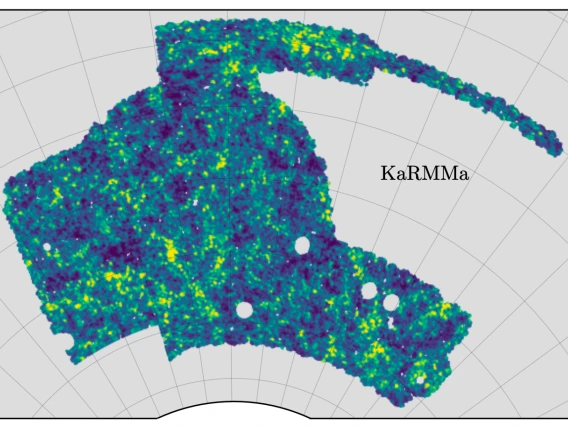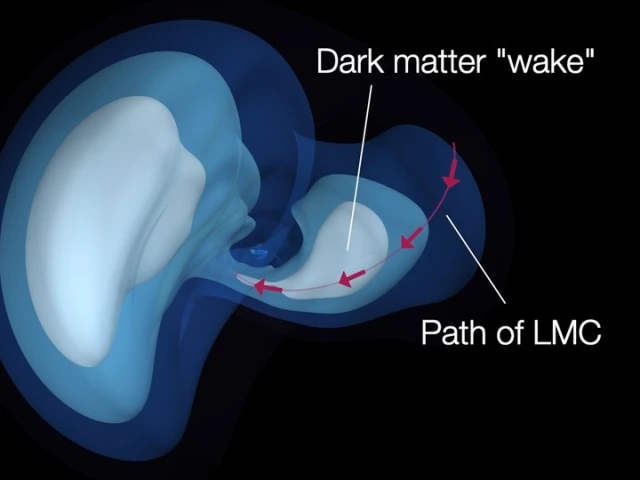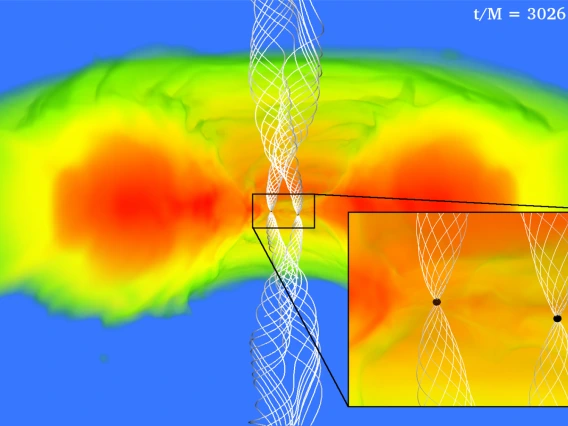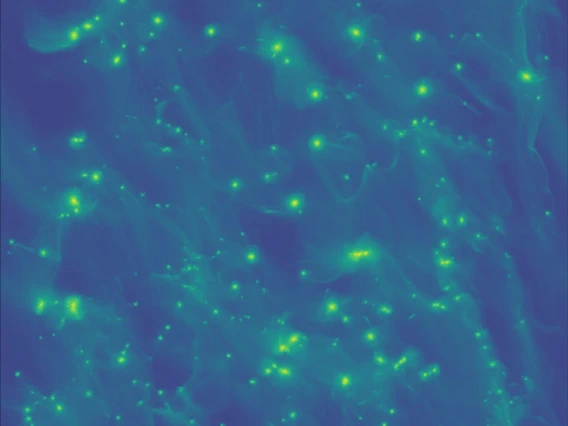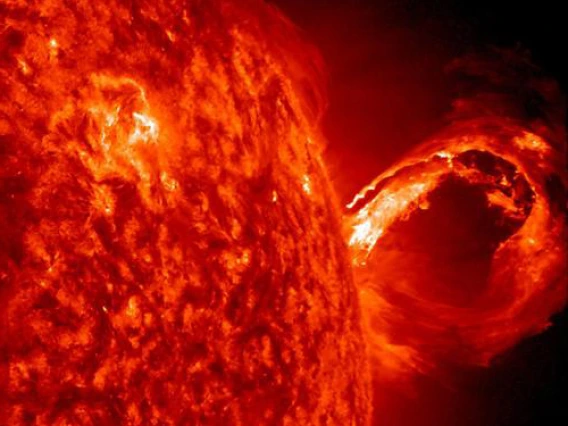Theoretical Astrophysics Program
The Theoretical Astrophysics Program (TAP) is an interdisciplinary program designed to foster scientific, academic, and programmatic connections among scientists leading theoretical, computational, and/or data-intensive research in the Astronomy, Physics, and Planetary Sciences departments at the University of Arizona.
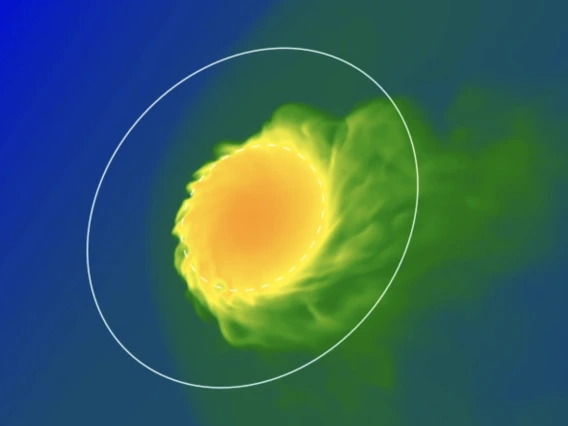
Lectureship Series
Visitor program featuring theorists who are world experts in one of the TAP Initiative research areas (listed below). Visitors deliver a key note Lecture and lead additional programming, which can include computational workshops.

Student Programs
Graduate Student Prize: Annual competition to recognize exceptional graduate student research in theoretical astrophysics.
Travel & Training Grants: Funding opportunity for undergraduate and graduate students to support training opportunities in theoretical astrophysics.
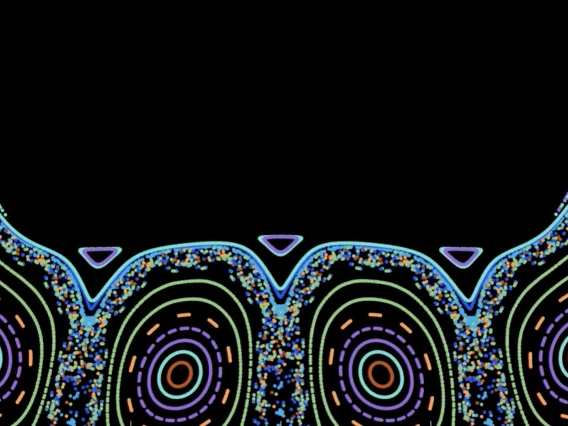
TAP Members
The TAP welcomes new faculty, postdoc, and student members. Member benefits include opportunities to participate in visitor program events, collaborative development of major funding proposals, events with colloquia speakers, and other ongoing TAP programs.
TAP Initiatives
TAP Initiatives
Key interdisciplinary research areas that connect theorists across Planetary Sciences, Physics and Astronomy at the University of Arizona. The Lectureship series is designed to support the scientific aims of each TAP Initiative.
Upcoming Events
Subscribe to the TAP Weekly Newsletter to receive announcements.



